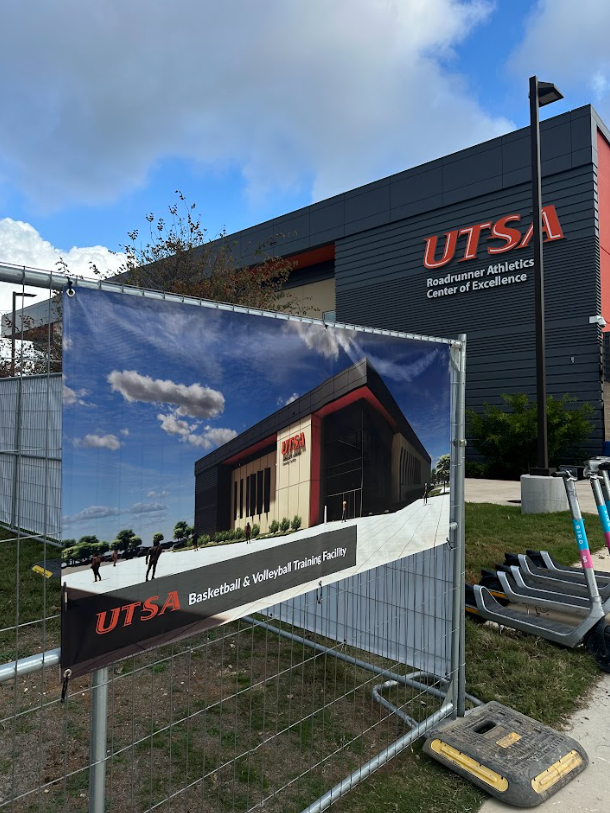

Photo courtesy of Center for Collegiate Recovery
This excerpt is from an article published in Recovery Campus magazine in March of 2015: “For many years, UTSA—observing the rise in college students seeking help with substance use disorders—worked to develop services specifically for those students. The Center for Collegiate Recovery (CCR) is one of the tangible results of those efforts.”
It is misleading to suggest that the establishment of the CCR was strictly a result of an effort taken on by UTSA. The program was established when the UT system’s Board of Regents mandated that every university institute a program to help students balance recovery and college life. At this point, UTSA’s involvement in the implementation of this program has been minimal.
The university does provide a room (Recreation Wellness Center 1.808) that houses the program. However, all of its guaranteed funding is provided by the UT system, and that only covers its employees’ salaries. This includes Assistant Director Clayton Sponhaltz and one graduate research assistant. The center relies on private donations for all events, promotional materials and supplies. It is difficult to find a mention of the CCR in any official UTSA publication.
Dr. Thomas Baez, director of counseling services since 2006, asserted that more funding designated for the organization would increase its reach and stability.
Baez also mentioned that efforts were made to provide options for students struggling with addiction before the CCR was established. But until Sponhaltz (a licensed chemical dependency counselor) was hired in 2014, there were no counselors on staff who were qualified to treat addiction.
Because of the nature of the services offered and the importance of peer support in the recovery process, the clinical setting is not the most conducive environment for students in recovery: “Counseling Services can not be a specialist for substance abuse,” Baez stated.
There is still plenty of confusion about the relationship between Counseling Services and the CCR. That confusion is detrimental to students’ understanding and awareness of the CCR.
“We have encountered lots of difficulties increasing awareness of our program as we’ve been hidden under the Counseling Services umbrella,” Sponhaltz explained.
There is evidence of this on the university’s website, where the CCR’s homepage (utsa.edu/recovery); the CCR’s homepage can only be found by searching for it specifically or through a drop-down menu on the Counseling Services site.
Jaswanth Kintada—treasurer of the Student Government Association and head of its new Student Health Advocacy Committee—acknowledged the need for the committee to address addiction. He then deferred to the partnership with Active Minds, a student organization promoting mental health awareness, and the expertise of the professionals at Counseling Services.
This indicates the lack of synergy between counseling services and student government, who both exist to serve the student body.
While the allocation of resources among UTSA’s programs is subjective, it is undeniable that greater financial support and awareness of one program comes at the cost of another. In this case, the opportunity surrendered is the expansion of support for a growing, yet historically ignored population: those who suffer from a disease called “addiction.”






